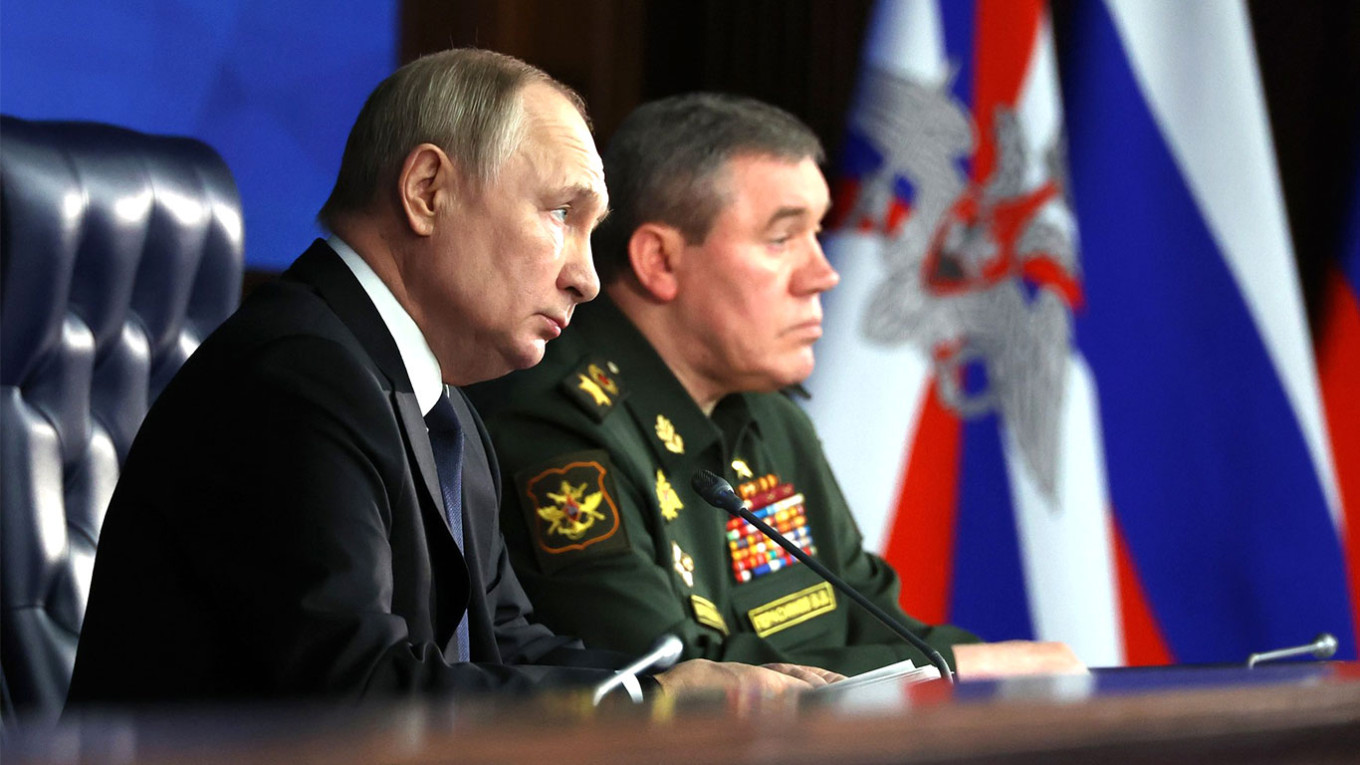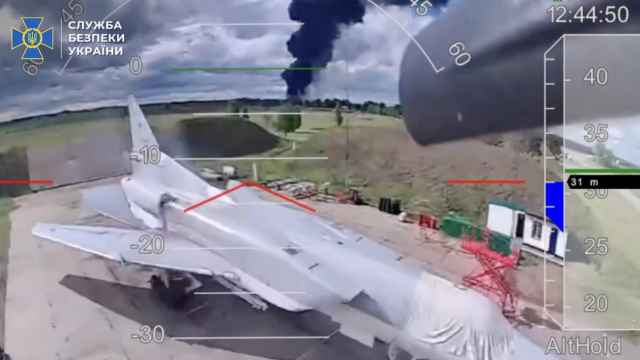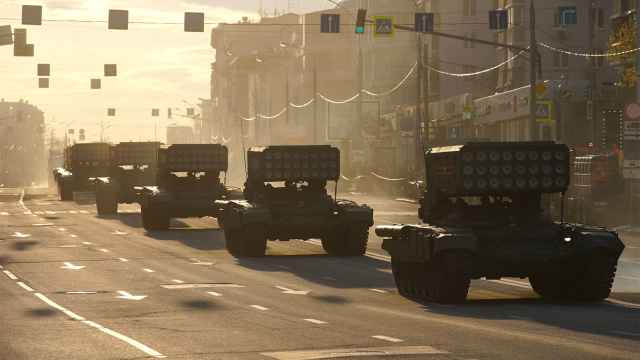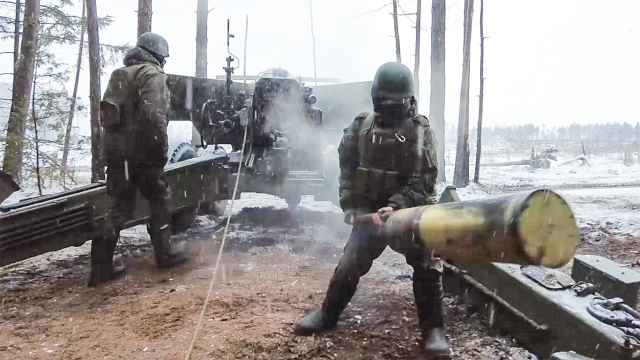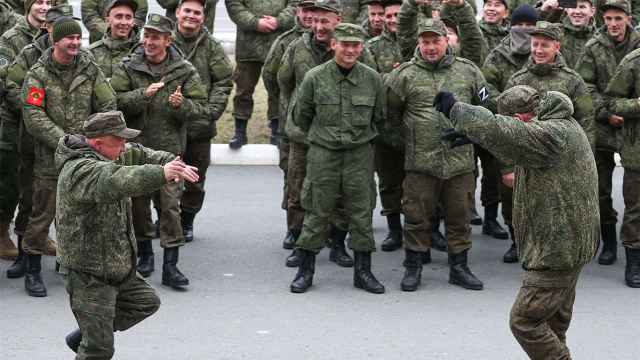General Valery Gerasimov’s appointment as the new commander of Russian forces in Ukraine raised questions over President Vladimir Putin’s intentions for the next stage of his bogged-down campaign.
Russia’s Defense Ministry said Gerasimov is replacing General Sergei Surovikin three months into his role due to the "expanded scale of the tasks” and the need for “closer interaction between the branches of the Armed Forces.”
Western military experts however said the move signals a power struggle within the military's top brass as well as a possible new phase of Russia's offensive.
Rand Corporation senior researcher Dara Massicot described the Defense Ministry’s Gerasimov-for-Surovikin reshuffle as “demoting their most competent senior commander and replacing him with an incompetent one.”
“This is a story that has it all: infighting, power struggles, jealousy,” Massicot tweeted.
Gerasimov, the Chief of the General Staff of Russia's Armed Forces, is a longtime Putin loyalist who is seen as one of the few people involved in planning the invasion before it began.
His appointment serves the dual goal of signaling a likely resumption of offensive operations in 2023 and being the result of an internal power struggle to reassert the Defense Ministry’s “primacy,” said the Institute for the Study of War (ISW), a U.S. think tank.
Rob Lee, a military expert at King’s College London, agreed that the overhaul can be seen as the Russian Defense Ministry reasserting its position and responding to the mercenary group Wagner’s “increasingly influential and public role in the war.”
“Gerasimov can now put out videos showing him… taking charge when the front line has stabilized,” Lee tweeted.
Mark Galeotti, an analyst at the U.K.-based military think tank the Royal United Services Institute, suggested the appointment of Gerasimov raises the stakes for Russia's operation in Ukraine.
“Gerasimov is hanging by a thread,” he tweeted. “He needs some kind of win or a career ends in ignominy. This may well suggest some kinds of escalation.”
Galeotti compared Gerasimov’s new role to being handed “the most poisoned of chalices.”
“It’s now on him, and I suspect Putin has unrealistic expectations again,” he said.
Michael Kofman, director of the Russia Studies Program for the Virginia-based think tank CNA, said Gerasimov’s new role was neither a promotion nor a change in military approach.
And one of Russia's main pro-war Telegram channels, Rybar, was skeptical over whether the switch could help Moscow's troops achieve success in the lengthy campaign.
"Moving components around doesn't change the overall sum," Rybar wrote, adding "we want to believe in a miracle in the 11th month of the special operation."
Any immediate successes — including a potential win in the eastern Ukrainian salt-mining town of Soledar — would now be credited to "the new-old commander" Gerasimov, Rybar said.
"Only time will tell" if the "unsinkable" General Gerasimov would also be demoted if Russia suffered new setbacks, the blogger said.
Includes reporting from AFP.
A Message from The Moscow Times:
Dear readers,
We are facing unprecedented challenges. Russia's Prosecutor General's Office has designated The Moscow Times as an "undesirable" organization, criminalizing our work and putting our staff at risk of prosecution. This follows our earlier unjust labeling as a "foreign agent."
These actions are direct attempts to silence independent journalism in Russia. The authorities claim our work "discredits the decisions of the Russian leadership." We see things differently: we strive to provide accurate, unbiased reporting on Russia.
We, the journalists of The Moscow Times, refuse to be silenced. But to continue our work, we need your help.
Your support, no matter how small, makes a world of difference. If you can, please support us monthly starting from just $2. It's quick to set up, and every contribution makes a significant impact.
By supporting The Moscow Times, you're defending open, independent journalism in the face of repression. Thank you for standing with us.
Remind me later.


